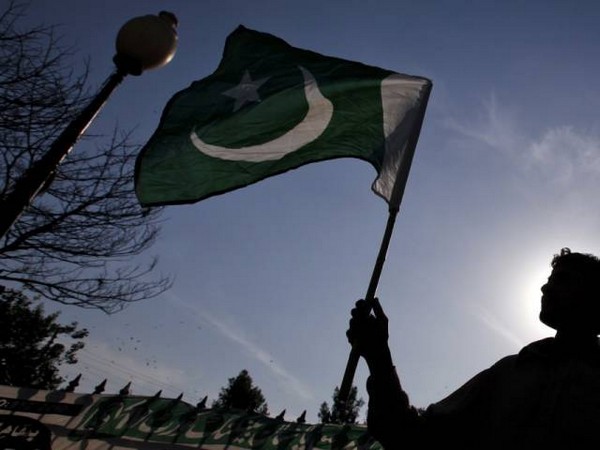Pakistan's Alarming Human Rights Crackdown Under Scrutiny
The 2025 Human Rights Watch report reveals Pakistan's intensified crackdown on free expression under Prime Minister Shehbaz Sharif in 2024. Blasphemy-related violence against minorities grew, with government oppression exacerbating the situation. Harsh economic conditions further strained human rights, while new development projects led to forced evictions.

- Country:
- Thailand
In a scathing 2025 report, Human Rights Watch has criticized Pakistan's government for escalating measures against free expression under Prime Minister Shehbaz Sharif, who took office in February 2024. The watchdog highlights increased blasphemy-related violence against religious minorities, intensified by repressive government actions and discriminatory laws.
The 35th edition of HRW's World Report, spanning 546 pages, examines human rights practices in over 100 countries. Executive Director Tirana Hassan recounts a global trend of governments suppressing political dissent, imprisoning critics, and obstructing humanitarian aid. In 2024, authoritarian leaders leveraged bigoted rhetoric in at least 70 national elections.
"Free expression and dissent in Pakistan are shrinking at an alarming pace," warned Patricia Gossman, HRW's associate Asia director. Across 2024, authorities intermittently blocked key social media platforms, targeted opposition groups, and detained numerous activists under charges of violence. Journalists faced intimidation and threats, fostering widespread self-censorship out of fear.
HRW notes that blasphemy laws continue to endanger religious minorities, leading to at least four violent deaths. The Ahmadiyya community remains a frequent target of prosecution. Economic challenges, worsened by IMF-mandated austerity, jeopardize fundamental rights. The Land Acquisition Act's use for development projects further displaces vulnerable communities.
(With inputs from agencies.)
ALSO READ
Unrest in Sihora: Clash Over Religious Ceremonies Sparks Violence
Vishal Bhardwaj's 'O' Romeo': A Stylish Saga of Love and Violence
O' Romeo: Bollywood's New Age Tale of Love and Violence
France’s National Rally Seeks Mainstream Legitimacy Amidst Political Violence
Journalists Protest Attack on Manipur Editor, Demand Justice










